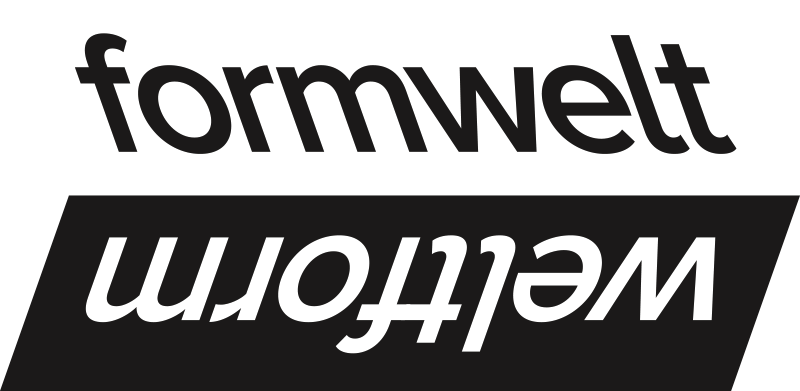Transformative Science and Citizen Science
FORMWELT is a coding language for language and meaning. It is a linguistic system based on injunction to acquire definition. Its kernel consists of about 320 references: you might think of them as words with concrete meaning which explain each other without any gaps that could hinder the flow of information and construction of precise sense. The kernel is semantically self-sufficient. It contains the basic concepts which are needed to describe any thinkable or perceivable phenomenon.
- Analysis
- Reflection
- Modeling
Transformative science takes the insight seriously that already the act of observation changes the relationship between the observer and the observed. To the extent that a) the logical structure and b) the transformation of this situation can be traced systemically, scientific communication will become more precise. Modeling the logical structure of coherences of problem-solutions will become more efficient. Sustainability of approaches to a problem will improve, descriptions of scientific views can be verified on the foundation of FORMWELT. Science teams can develop their project specific language clearly and efficiently when they base on FORMWELT.
FORMWELT also is an instrument of philosophy of science.
As a specifically to the needs of science communication adjusted coding language FORMWELT will become a substantial instrument to reflect on previous science, to develop new theories, to generate new procedures of solution, to make inner-, inter and transdisciplinary work more efficient.
FORMWELT is its own application – The FORMWELT user explores FORMWELT while working with it. He works himself through his own cognitive sign-creating process. Thereby he recognizes himself, can reflect systemically how he creates meaning.
FORMWELT as science – FORMWELT can explore itself, cultivates itself. Referencing triggers new scientific creation of perspectives which itself can possibly culminate in exdifferentiation of today unknown faculties of science.
Creating new applications/sciences – With FORMWELT new applications and sciences will be created because FORMWELT opens up new paths of (self-and-world-) observation.
FORMWELT Applications: Citizens University
Modeling – Civic researchers can use FORMWELT to expand, enhance, reflect models. They can formulate their models, developments, theories in such a way that they become comprehensible and more verifiable inside the scientific community. FORMWELT will support scientific thinking and it will deliver new scientific paths.
FORMWELT provides the means of insight to create a Citizens University that can be accessed by scientists and citizen scientists alike.
Review thinking/citing – With FORMWELT citizen scientists learn scientific thinking and working.
Comprehensibility of science – Scientific work, referenced with FORMWELT, is more accessible to citizen scientists and better comprehendable than traditional presentation.
Competence Indicator – Reference work is measurable quality work. FORMWELT provides a new medium for performance evaluation.
Curricula – The thematic content must be recorded and the curriculum prepared. With the help of FORMWELT it can be ensured that topics are scientifically compatible and contents do not contradict each other.
Group work – Science teams can develop problem formulations and generate problem solutions. During the learning process you can secure functional group work with and via FORMWELT.
Organizational forms for Universities – The organizational form of a university can also be better described and planned with the help of FORMWELT. Procedures and problem solutions can be discussed and programmed with FORMWELT.
Translation – Not only does FORMWELT help citizens and scientists to understand each other while working together, but also FORMWELT is translatable point by point from one language to another without any loss of meaning on reference level (assuming the other language is also spoken in FORMWELT). FORMWELT Online will provide the means, for example, that a Japanese citizen scientist, who does not speak German, can talk to a German scientist and both can work together undisturbed by conventional translational problems.
Further information:
Related articles:
- FORMWELT and Longevity
- FORMWELT and Superintelligence
- FORMWELT and Value Determination
- FORMWELT and Economy
- How to become smarter with FORMWELT
- FORMWELT and Artificial Intelligence
About uFORM iFORM:
FORMWELTen-Institut:
Contact for science and business cooperation:
FORMWELT
Gitta and Ralf Peyn
Im Anger 18
29439 Lüchow, Germany
Website: www.formwelt.info
gitta.peyn@formwelt.info
Phone: +49 5841 – 97 37 130
